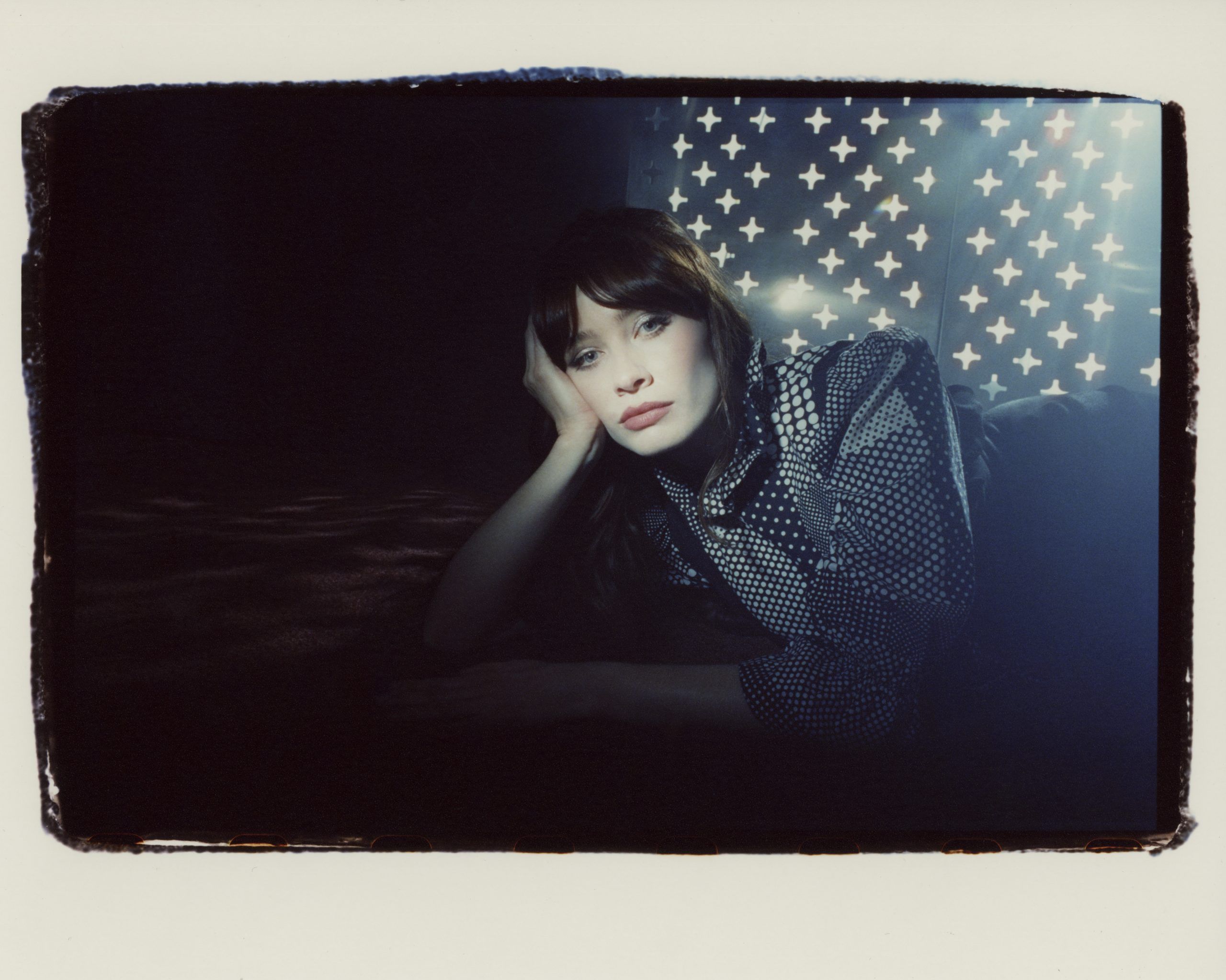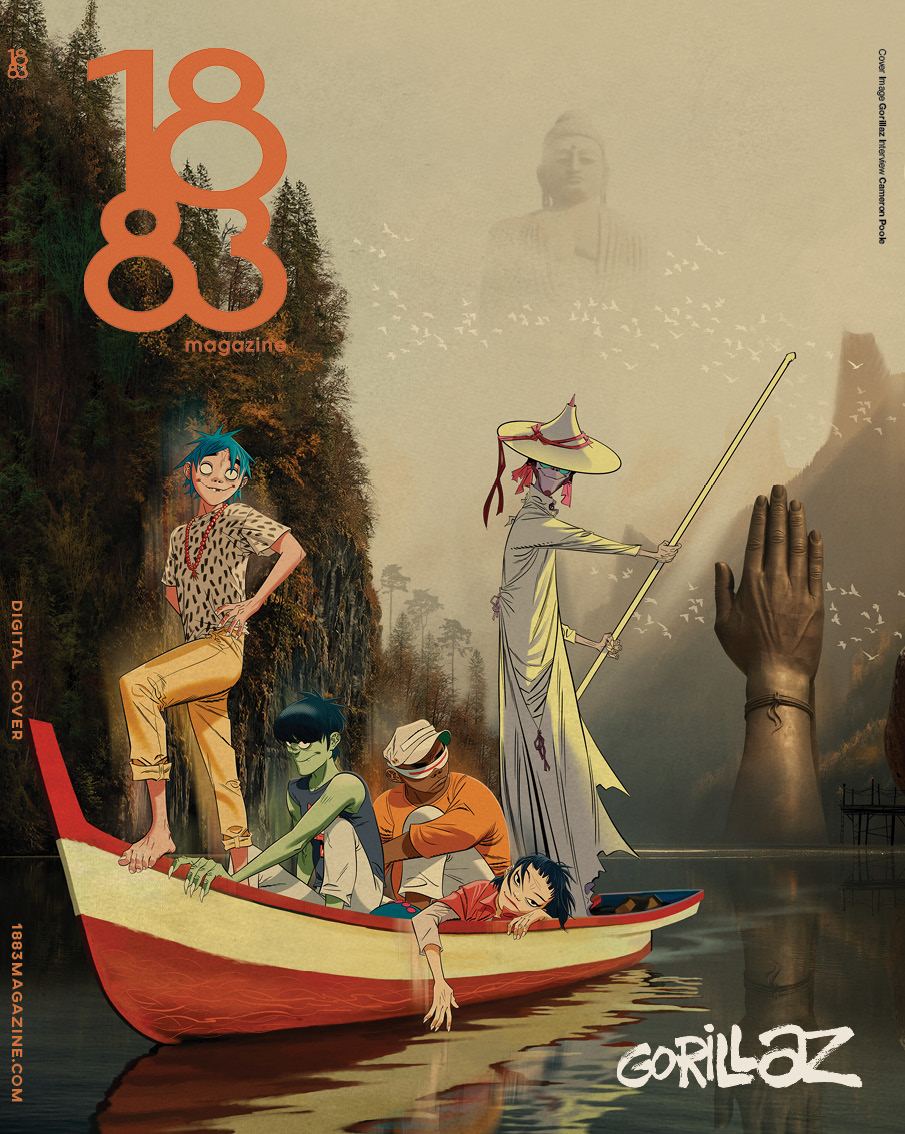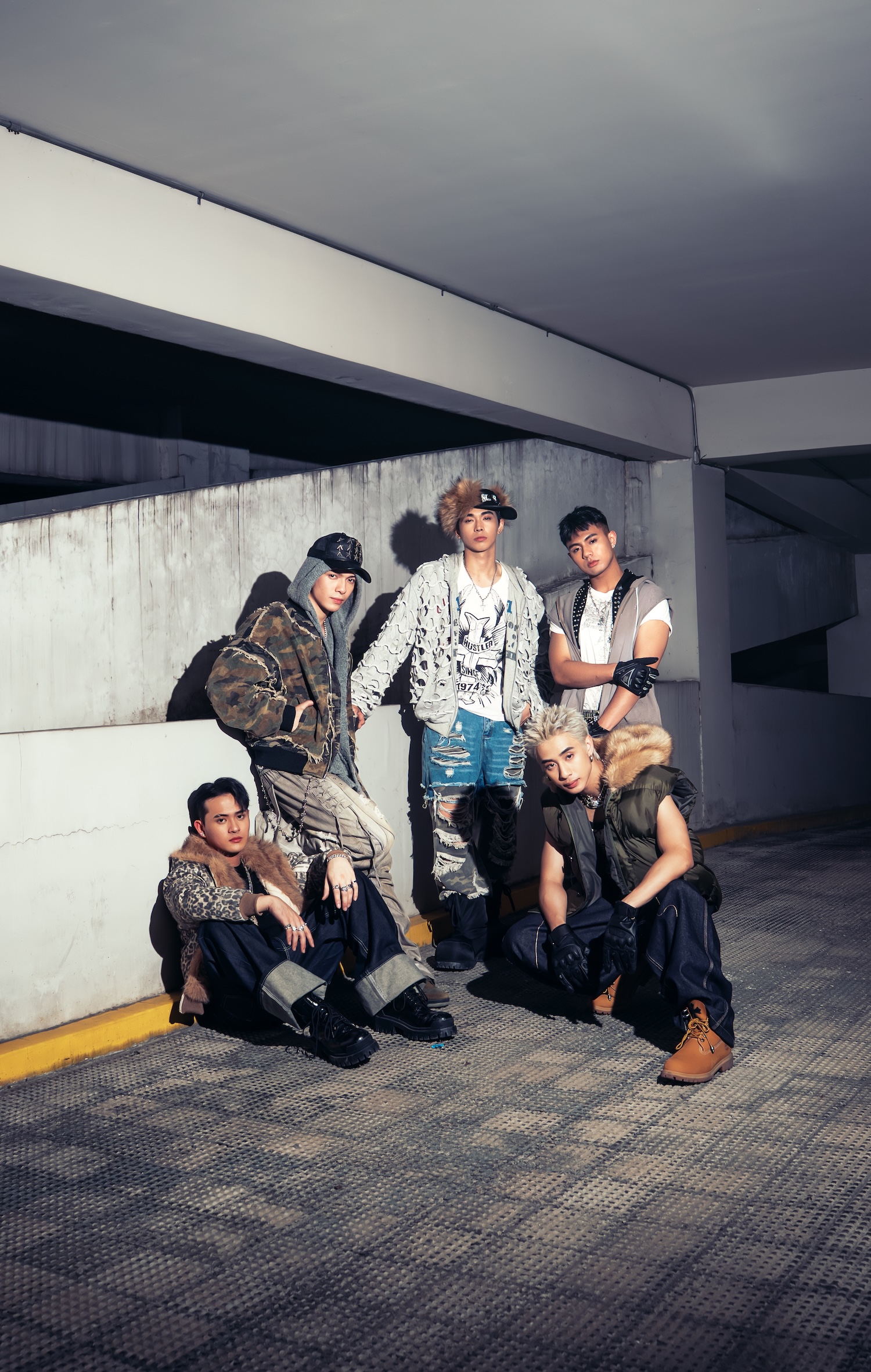Combining mystique, dulcet tones, and a sonic palette that could be inspired by an Edgar Allan Poe novel, American songwriter Alexandra Savior is an unwavering creative force.
Since sharing a demo of “Risk” in 2015, which found its way onto the second season of True Detective starring Colin Farrell, Savior has created an undeniable allure around her musical persona. This was only amplified by the official debut single “Shades” in 2016. At the time, the Portland native was just entering her 20s and still learning the ropes of the industry after signing with Columbia Records in 2013.
In 2017, Savior released her debut album Belladonna of Sadness, two years after much of the work had already been laid down. It was a sublime debut, though somewhat overshadowed by the media due to her collaboration with rockstar Alex Turner as a co-writer.
For a time that should have been a thrilling ride—playing sold-out shows and building a rapidly growing cult fanbase—the momentum faltered when she was unexpectedly dropped by both her label and management. By then, she had already written much of her sophomore album The Archer, which wouldn’t see release until January 2020 via 30th Century Records. It was another stellar effort from the songwriter, though its true potential was somewhat halted due to the pandemic. Alongside battling mental health struggles, the artist has faced an unpredictable journey throughout her career.
However, despite all the ups and downs, Savior has remained steadfast in her commitment to her art. After nearly five years of working on her third album, Beneath The Lilypad, set for release on May 16 via RCA Records (a deal she signed last year), she’s now poised to share the most personal work of her career. Recorded over multiple studio sessions alongside her partner and producer Drew Erickson (Lana Del Rey, Father John Misty), the album delves into themes of love, ego, insecurity, and mental health. With the cinematic opening singles “Unforgivable” and “The Mothership,” Savior is more creatively liberated than ever before. Beneath The Lilypad is shaping up to be her magnum opus.
1883 Magazine’s Cameron Poole sits down with Alexandra Savior to discuss her new single “The Mothership,” what Beneath The Lilypad represents to her, stop-motion filmmaking, and much more.
Hi Alexandra, thanks for speaking with 1883 Magazine. We actually first met eight years ago at Oslo in Hackney for a different website—time flies! How has life evolved for you since then? It’s been a long period of time [laughs].
[laughs] Yeah! It’s crazy that it has been that long since. Was I playing a show?
Yes at Oslo!
I remember that, it was kind of a smaller one, right?
Yeah, it’s a lovely venue.
Nice. Well, it has evolved a lot I guess [laughs], I don’t even know where to start. I’ve put out almost two records since then, and I have a dog now.
Your new single “The Mothership” is out now. What was it like working with your partner and producer Drew Erickson—especially as the track serves as a love song to him, but also touches on your past mental health struggles?
Well I’d never worked with someone I was in a relationship with or a lover before, and it has been really nice. I’ve been dealing with a lot of illness in the past few years, and I wasn’t signed. So working with somebody, who sleeps next to me, made it easier to get things done with the process having to be what it had to be because of my health. It was really positive and we work really well together, which is lucky because that doesn’t always end up that way when you work with your partner [laughs].
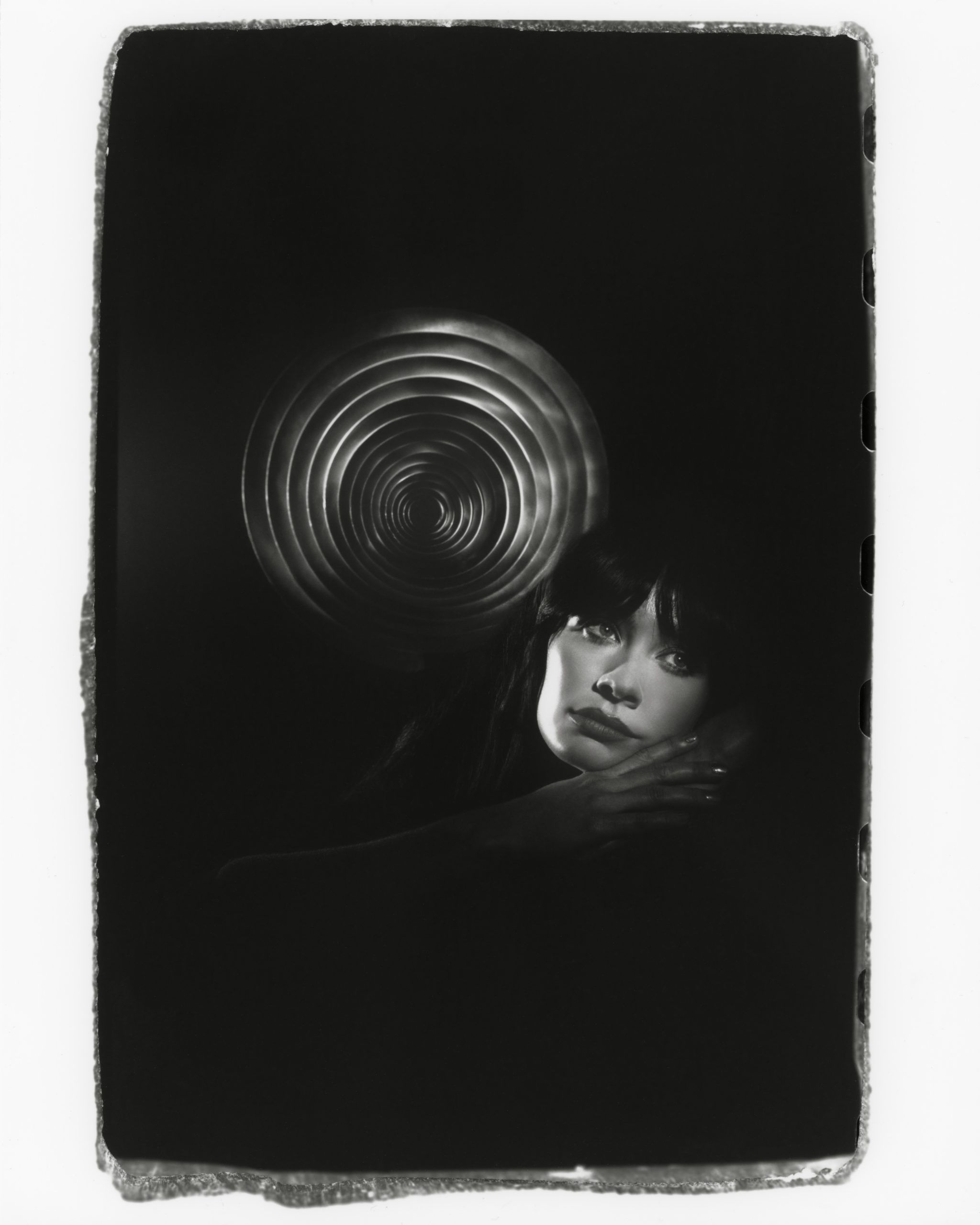
Your third album, Beneath The Lilypad, arrives on May 16. After everything you’ve navigated—personally and professionally—what does this release represent for you now, especially after nearly five years in the making?
It feels like this release, when I first started writing it, I was in a really tough place in my life, and I was dealing with a lot of mental health struggles. It’s sort of like this journey; within the process of making the album, I went into psychosis, and I was hospitalised, and then when I came out the other side of it, I feel like I really changed completely as a person by coming into being in control of my brain chemistry. Now, I feel like a fully formed, capable person, which I don’t think I was when we first started.
When I first started writing it, and even when we first started recording it, so for me it just represents overcoming the hardest thing that I’ve ever had to go through. I’m just really excited that it’s going to finally go into the world, you know.
Look, I appreciate you even talking about that because it can’t be easy speaking about these things to a bloody journalist and not a family member or friend.
Thanks for listening.
During that previous interview, you mentioned it was “rare” for you to get the opportunity to paint—have you been able to find more time for this passion lately? I know you did the cover for the new record, which is so cool.
Yeah, It’s been tricky because I have an autoimmune disease. One of the main problems is that I have really extreme arthritis and so I wasn’t able to play guitar, paint or draw because the pain was so intense. But now, I’m recovering, and I’ve been able to start working on things again. Actually, I was a little late today because I was making a model for a stop-motion, which involves painting and all that kind of stuff.
So it’s nice because the nice thing about being a musician or artist in this way is that, I’m not that good at painting [laughs], I couldn’t make a living off it, so that is why I did music. But I am able to use the music as a way for me to express myself creatively and have control over it, and just do what I am passionate about which is making stuff.
For the new album’s first single, “Unforgivable,” you created a stop-motion promo clip. What do you enjoy about this technique and is there anything else you want to explore further?
What I’m drawn to within the stop-motion is that so much is based around collage. With the stop-motion, I’m essentially creating a three-dimensional collage involving the same visuals that are in the album and single covers. I’ve always wanted to try it when I was working on my second record. But I was way too scattered to sit down and focus on something like that.
Now because the record has been finished for so long, and getting ready for it to be released, I’ve had all this time. I think it helps create a world, when I see things in my head, it is nice to figure out how I can make it with my abilities, I couldn’t paint it, but with stop-motion, it is tangible and I find it easier to build the worlds with stop-motion.
The clip was 17 seconds but how long did it take to make? A lot of work goes into it even for just a short clip.
[points to the chessboard in her bedroom] I made that with collage, that was the thing that took the longest amount of time. I was looking through all these old Life magazines from the 1940s and finding dark, light hues. That’s what took the longest.
Actually making the film itself which was 17 seconds, it took us about three and a half hours.
I know “Unforgivable” has been out for a little while now but people will still be discovering it for the first time. In a previous interview, you mentioned in terms of excitement for this record, it felt a bit “anticlimactic” as the record has been ready for a while and you were getting the right team together. But still with it being your first song back in a few years, how did you feel in that moment when it was released? It seems to have had a really good reaction.
Yeah, I mean, it’s funny because this is what has happened with every single release or every album that I’ve put out, where it’s almost like you expect that everything is going to change. With the singles, there’s not a tangible release, or I’m not holding a record. Probably a similar feeling would be iff you posted something on social media, and everybody kept asking me within the weeks afterwards, ‘how are you feeling?’ But it doesn’t feel real yet to me.
I think probably when the record comes out, once I’m performing and can actually see people’s reaction to it, it might be different. But I was just kind of sitting at my house and made dinner, nothing too special [laughs].
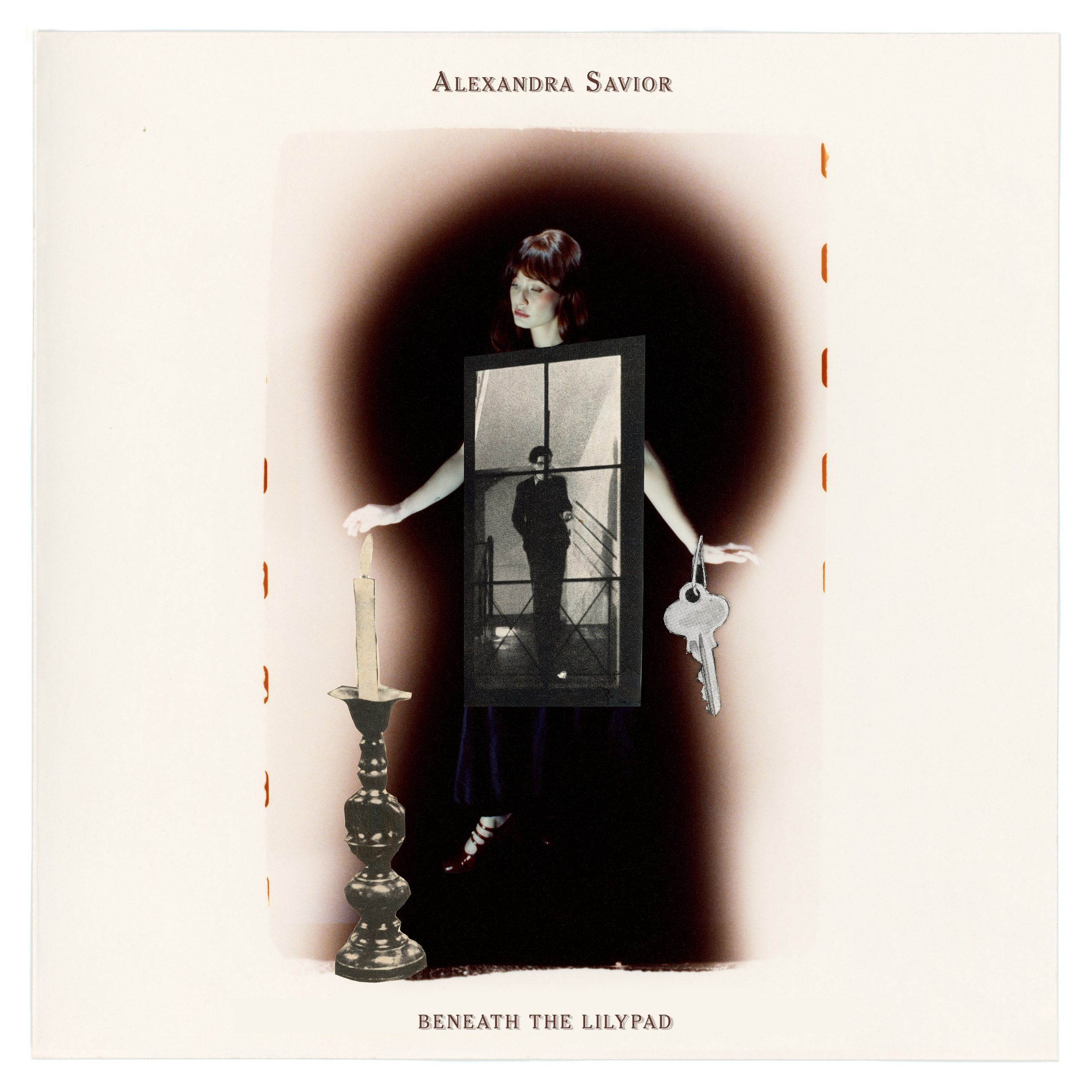
You also told me during that previous chat how you’d just been recognised for the first time at a Rough Trade show two days before the Oslo performance. Obviously, as a musician, you don’t care about fame or anything like that, only the art. But I had a Google and now, you’ve got dedicated fan pages and people covering your songs on YouTube—how does that feel?
It feels really great. I’m always just shocked, and I feel a lot of gratitude to even know that people are listening to it. Because it’s not often that I’m faced with that reality, because it’s not like I’m walking down the street [laughs] and people are recognising me. But when it does happen, or when playing shows, it just warms my heart because I feel like I feel misunderstood a lot. That’s a big part. Since I was little, I never felt like I like fit in and then with my mental health, I feel very misunderstood. So when I see people react to it or cover the songs, it’s just like wow.
As much as we’re supposed to pretend like we don’t want validation. I think any person who’s invested in something and has created something wants people to feel what they feel, I think. It’s a great feeling, it’s nice.
The recognition is deserved. To pursue your vision and art, no matter what hurdles come your way, and putting out new music, no matter the wait, is fantastic. It’s not easy.
Thanks.
With Belladonna of Sadness you were with Columbia, and then 2020’s The Archer came via 30th Century Records. From those past experiences, what have you learned to truly value—and fight for—when negotiating your deal with RCA last year?
Oh, I think that I didn’t have a lot of creative control when I was working on my first record, or at least it felt that way. I think I was so young that I didn’t know and maybe didn’t have a lot of self respect, I guess [laughs]. Then I don’t know, I had these two completely opposing experiences, from being with a major label and then being with this small indie. It’s interesting, I guess, just knowing that the vision is going to be mine.
I’ve had such a great experience with RCA, because now that I’m older and know my direction more, I haven’t had many problems with it. But I think, just making sure that the creative vision is within my control, and just finding people to help me with it, rather than allowing it to be taken from me, is important.
Do you have any personal favourite moments from the recording process for the new record? I believe it was essentially just you and Drew for a lot of it, and how you’d go into a studio one month to record and because studios are expensive, it was then several months before you’d get back into the studio to record again. How many sessions were there in the end?
Oooh, well, so it’s interesting because with the singles, Drew played mostly everything, and I played a little guitar. But then with the rest of the album, it was a different process. The reason why it took so long is because at the beginning, we went in and we were recording to tape with a band. And so I would just be like: ‘Okay, here’s the song. Like, this is what I want it to be like’. Then we would just go in and I would sing and play in the booth, and then everybody would be out playing at the same time. That was really fun for me to experience. It was also the first time that I had strings on anything.
To just be in a room with people who are in the LA Philharmonic, it was insane. My brain couldn’t even attach to how it was happening, it was fun. Some of my favorite moments is that my dog got to come with us and he’d be running around, sitting under the chair of the cellist [laughs].
And working with Drew and the engineer, who is our best friend. So it was a very intimate and warm setting to make this record. I think it was about 20 days in total that we ended up [in the studio], but it was over the course of a couple of years.
Do you have any particular favourite songs from the new album that resonate with you the most?
I really like “You Make It Easier” because I wrote it right after I got out of the hospital. It’s sort of another similar kind of lyrical theme as “The Mothership”, just knowing that there’s this darkness and maybe some suicidal ideation going on, but that having someone there with me through it makes it easier. I really like that song.
Are there any potential UK dates planned, or should we wait for a bigger tour announcement?
There will definitely be UK dates. I don’t know the specifics yet, but this is just the beginning, so we’ll definitely be going over there. I love playing the UK—it’s always so fun. I love it there. So we will, I just don’t know when.
Finally, what is one thing you’d like to manifest for yourself?
I think I just want to manifest consistency within my life as a creative. To just be consistently making and releasing music because that’s been the hardest thing.
Well, the making is not the hard thing, it’s the releasing. It’s been so up and down for me, and I think I would like to have a solid foundation to do that [laughs].
Alexandra, I know you’ve done a lot of interviews, and they can be tedious sometimes, so I really want to emphasise how much I appreciate you taking the time to speak with me. It’s been nice.
Thank you! No, It’s not tedious for me, It’s exciting. I’ve been forcing my mum to listen to these demos and asking her what she thinks. So it’s nice to have people talk to me about it because most people in my personal life, this is the last thing they want to talk about [laughs].
Beneath The Lilypad releases May 16th, follow Alexandra Savior @alexandrasavior
Interview Cameron Poole
Photography Angela Ricciardi

